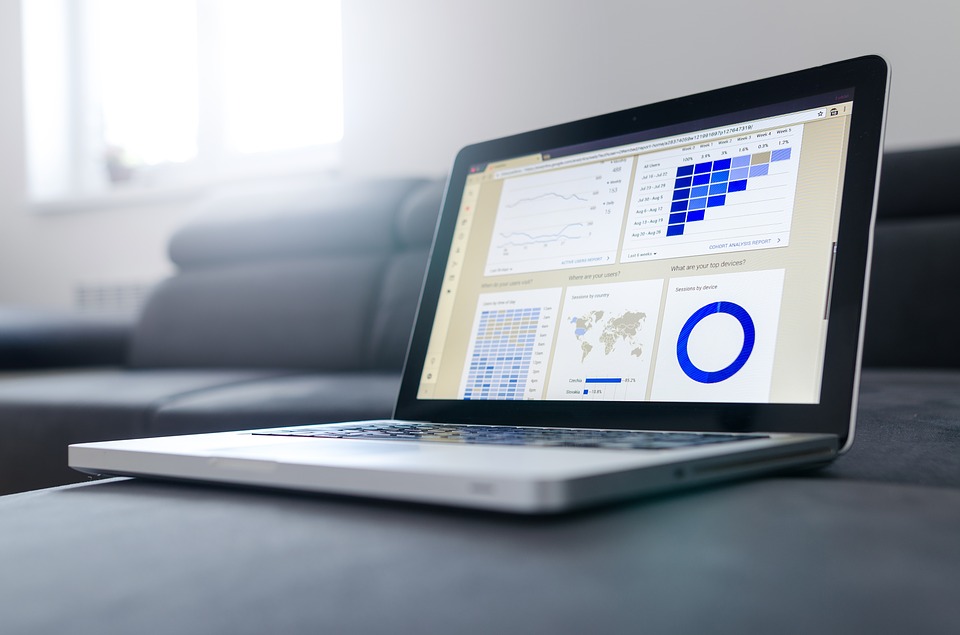Accounting
Revolutionizing Lease Accounting: Using Technology and Software to Streamline Business Efficiency
At this crucial turning point, a shift from beloved spreadsheets to dedicated lease accounting software has become imperative.
Jan. 17, 2024

By Ane Ohm, LeaseCrunch
As we step into 2024, it’s crystal clear: leveraging technology and software is an absolute must for any organization eyeing substantial growth. An insightful takeaway from 2023 is that for CPA firms and entities handling the intricate world of ongoing lease accounting this becomes even more critical.
Until recently, spreadsheets held their ground as the go-to tool for accountants. However, the evolving landscape of standards such as ASC 842 and GASB 87/96, alongside adaptations in business practices, has unveiled their limitations. At this crucial turning point, a shift from beloved spreadsheets to dedicated lease accounting software has become imperative.

Thanks for reading CPA Practice Advisor!
Subscribe for free to get personalized daily content, newsletters, continuing education, podcasts, whitepapers and more...
Already registered? Login
Need more information? Read the FAQ's
Anticipate a surge in this transition through 2024 as organizations bid farewell to manual processes and the pitfalls of error-prone spreadsheets, embracing instead the efficiency of automated lease accounting software.
Spreadsheets Are Taking a Back Seat
The conventional belief that one to two leases can be managed easily using spreadsheets is changing. Our observations repeatedly affirm that cost-effective software drastically enhances accuracy, efficiency and streamlines ongoing lease management even for smaller lease portfolios.
Spreadsheets, while initially familiar and seemingly straightforward, introduce vulnerabilities in data control and integrity. Auditing information spread across multiple sheets becomes laborious and prone to human error. What might seem to be a comfortable setup at first masks major limitations, particularly for organizations on a growth trajectory.
When dealing with an organization’s lease portfolios, software solutions offer scalability, customization and a robust infrastructure to navigate the associated complexities.
The Importance of Automation
ASC 842 and GASB 87/96 necessitate seamless collaboration across CPA firms and their clients. We learned in 2023 that automation is the way to significantly and positively impact communication and compliance for them. Relying on spreadsheets falls short, especially as leases undergo amendments, renewals and terminations. Software facilitating multiuser access streamlines cross-functional collaboration sustainably.
On the compliance front, errors in lease accounting can incur hefty costs, especially under scrutinization by auditors and banks regarding changing to new standards. Firms and organizations are shifting from spreadsheets requiring manual updating to software to ensure ongoing compliance.
Data Management Control
Managing data requires technology and automation for effective handling. Spreadsheets make maintaining data control challenging, resulting in time-consuming cross-checks across multiple sheets. Conversely, lease accounting software guarantees reliability, flexibility and centralized data, automating recurring tasks and allowing staff to focus on strategic initiatives.
Focus on Inputs
Accounting teams can focus on the accuracy of data inputs when using lease accounting software that effortlessly and reliably calculates the many required outputs. The current lease accounting standard follows the trend of introducing more judgment into accounting, where thoughtful decisions on inputs, like lease term, result in financial statements that better reflect an organization’s financial health. Most people understand that spreadsheets are error-prone and time-consuming to maintain. The value of great software goes beyond the calculations themselves: it provides an easy-to-follow workflow and guidance to ensure the inputs themselves are correct. Embrace software for a more efficient, precise, and empowered lease management experience.
Insights and Metrics
Teams leveraging lease accounting software gain comprehensive insights into metrics, empowering decision-making on occupancy, income, renewals and more. Compliance and forecasting thrive on precise tracking and reporting, a level of detail and insight unattainable with spreadsheets.
Market Growth and Future Perspectives
CPA firms are increasingly adopting software solutions to elevate their services, aligning with a cultural shift in accountancy toward technological options. Research and Markets predicts robust growth in the lease accounting and management market, highlighting this recognition of outdated processes and the more urgent necessity for purpose-built software to optimize operations.
In the coming year, organizations will continue embracing technology tailored to their evolving needs, not just for lease accounting but also for broader business operations. Technology, once optional, has now become an indispensable facet for sustained growth and success in today’s dynamic business landscape.
====
Ane Ohm is the co-founder and CEO of LeaseCrunch, an easy-to-use, automated lease accounting software that significantly reduces the time needed to transition, account for, and maintain leases in compliance with new lease accounting standards: ASC 842, GASB 87, GASB 96, and IFRS 16.
